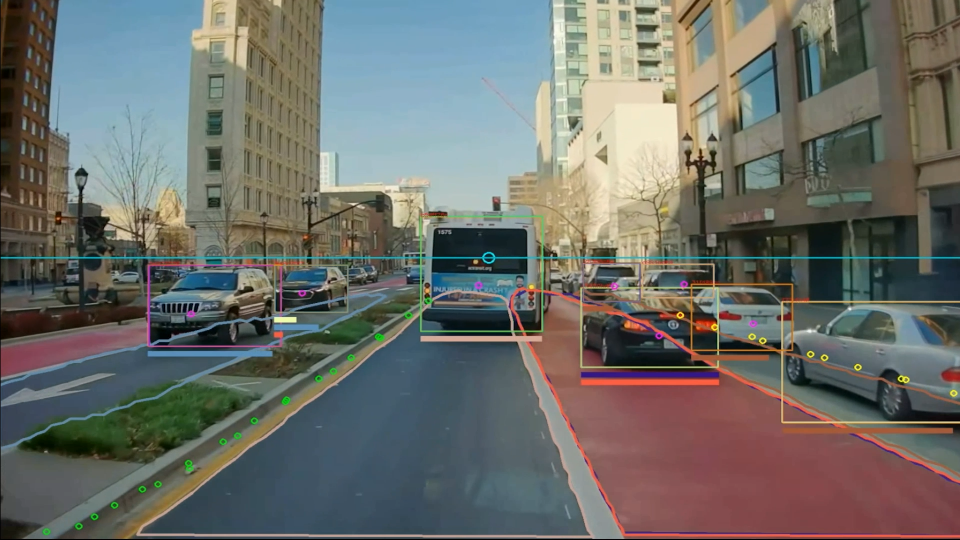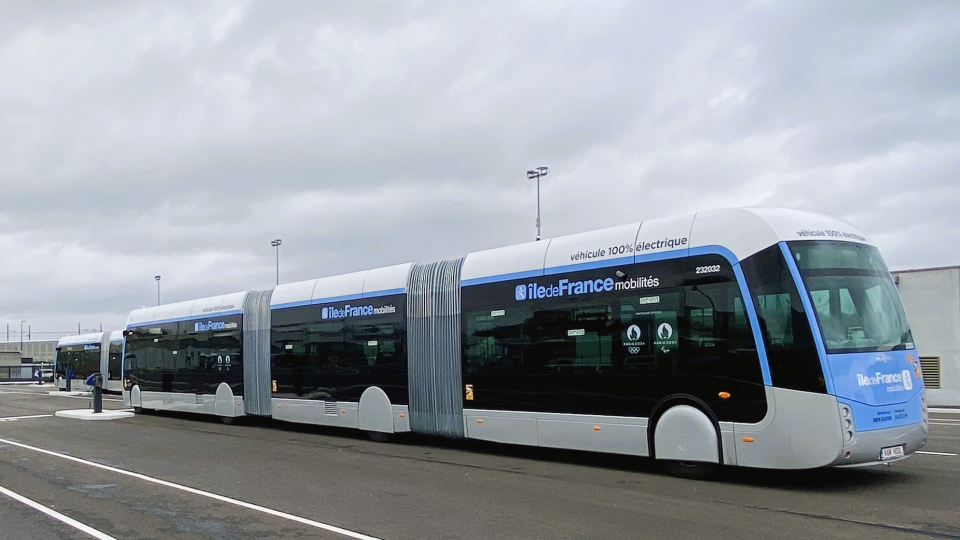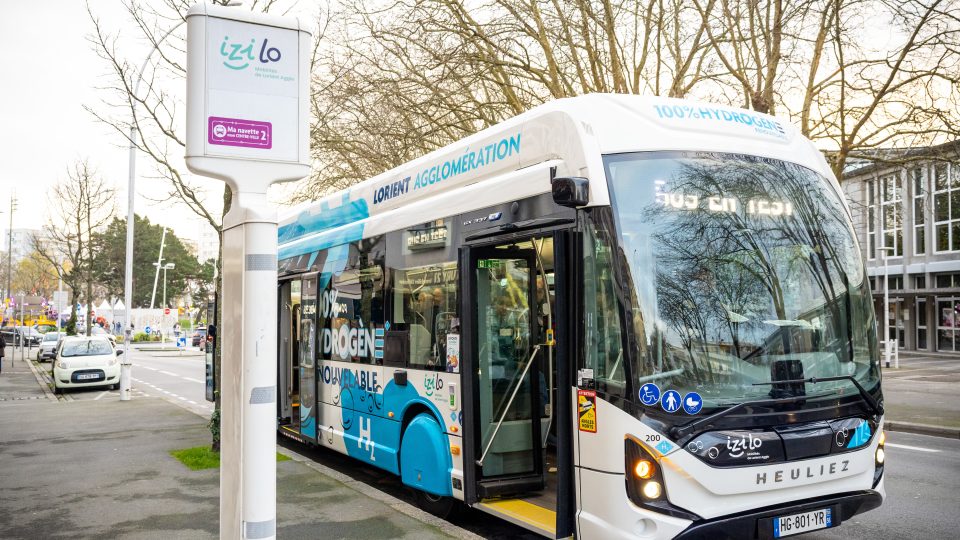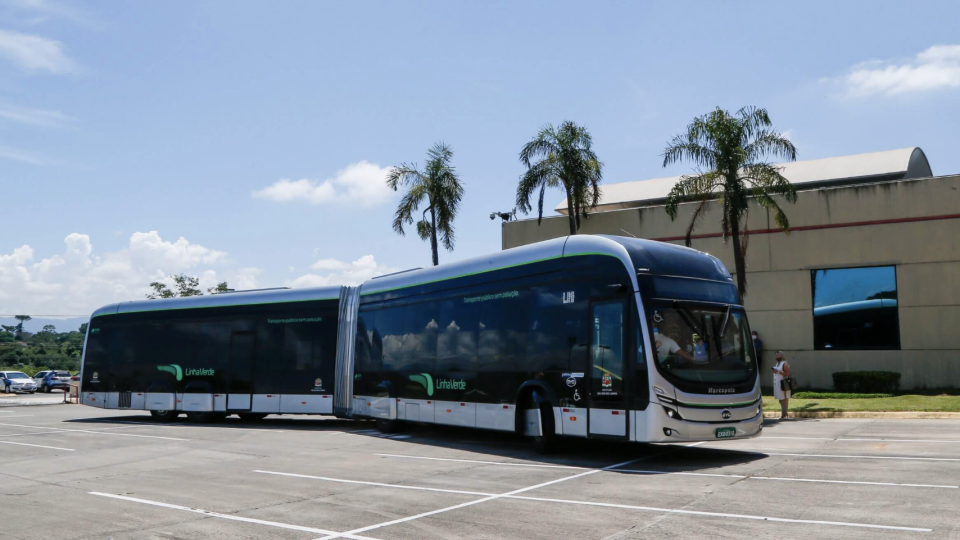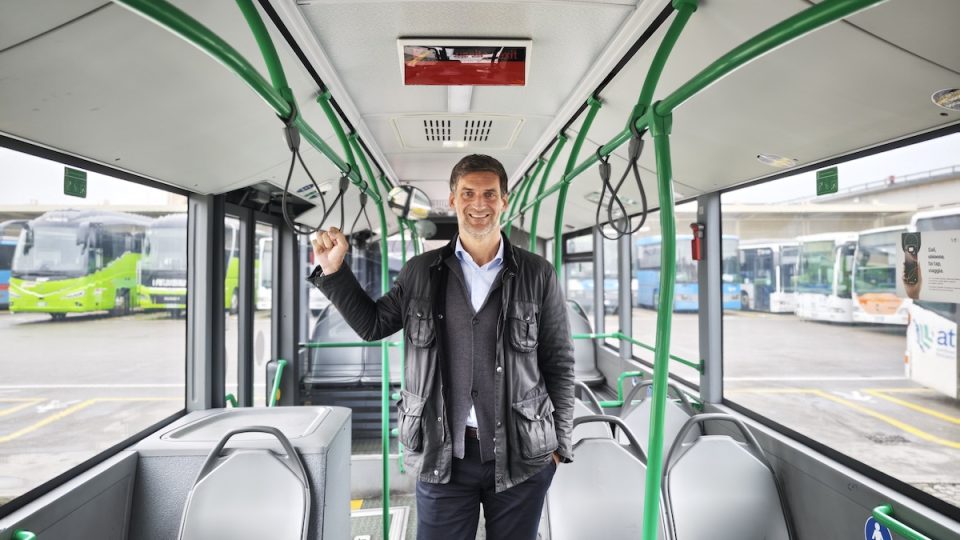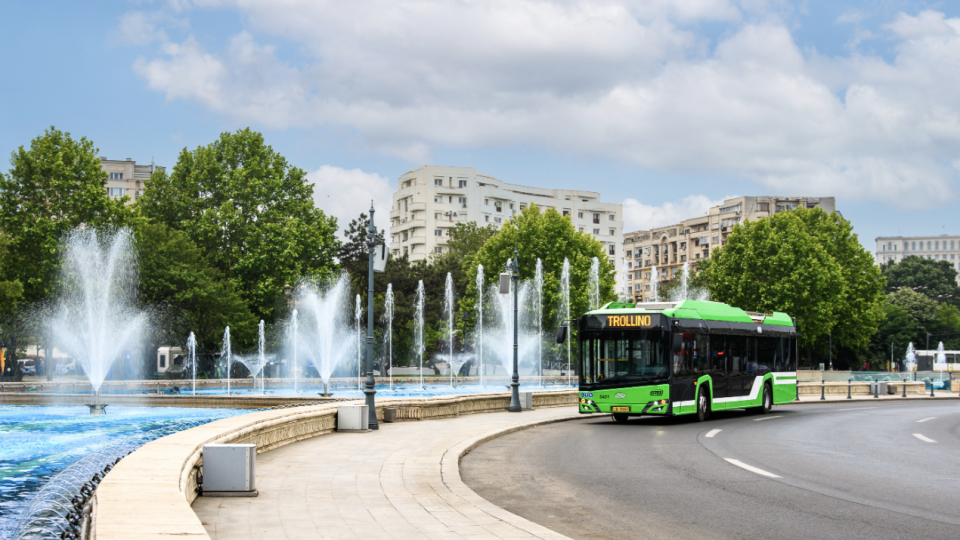New organization, challenges, strategies. Our interview with MAN Head of Bus Barbaros Oktay
In March 2023 MAN bus business’ structure was heavily reorganized. Rudi Kuchta, until then Head of Business Unit Bus, left the position for a role as boss of truck and bus business in Austria, replaced by Robert Katzer. What is more, Barbaros Oktay was appointed in the newly created role of “Head of Bus” (HoB). “He will report […]
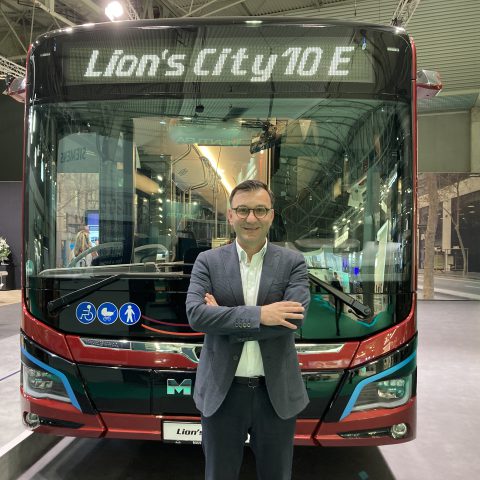
In March 2023 MAN bus business’ structure was heavily reorganized. Rudi Kuchta, until then Head of Business Unit Bus, left the position for a role as boss of truck and bus business in Austria, replaced by Robert Katzer. What is more, Barbaros Oktay was appointed in the newly created role of “Head of Bus” (HoB). “He will report directly to MAN CEO Alexander Vlaskamp and will have direct organisational responsibility for managing the Bus Engineering, Production and Sales units”, it was then announced.
We had the opportunity to discuss with him present and future strategy of MAN bus business, along with key topics affecting the industry, at UITP Summit 2023 in Barcelona.
Barbaros Oktay‘s career in the automotive industry began at MAN Turkey, where since 2004 he held roles in production management and purchasing. He then joined MAN Truck & Bus SE as a Purchasing Vice President and later became the Head of Bus Engineering.
We have adopted a lean management approach to increase efficiency and drive profitability. This means making strategic decisions about our product portfolio, such as choosing not to invest in city and intercity segments with Euro 7 engines, in order to optimize our resources and to clearly focus on e-mobility. Lean management is a significant part of our overall strategy.
Barbaros Oktay, Head of Bus, MAN Truck & Bus
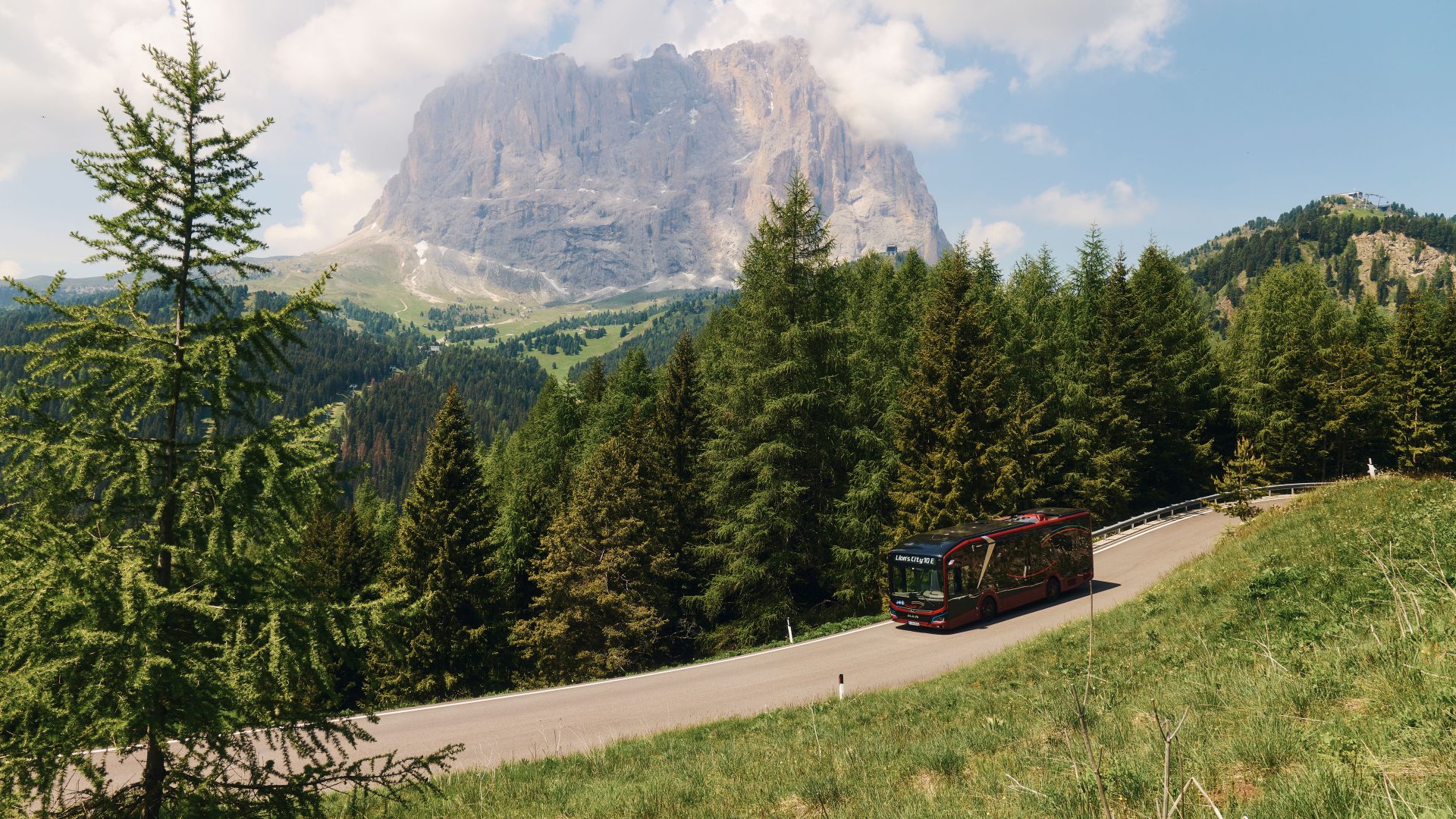
Barbaros Oktay: the meaning of the ‘Head of Bus’ position
You have been appointed in the newly-created position of Head of Bus… may you be more specific about what such a new role means?
The bus business is distinct from the truck business in several ways. Customers have different needs and expectations, events in the industry vary, pricing structures are unique, and there are different approaches to reaching and engaging customers. These differences also give rise to various synergies that exist within the bus business.
In examining the history of successful companies, one key factor that sets them apart is their decision-making process. Recognizing the need for timely and accurate decision-making, it becomes crucial to detect when decisions are required. Within MAN, we recognized the need for a dedicated organization that could better cater to the evolving expectations of our customers. The bus industry has undergone significant changes, and customers now demand quicker decisions and faster responses than ever before. To meet these expectations effectively, we realized that a specialized bus organization operating from morning to evening was necessary.
In our Ankara plant in Turkey we are in the process of qualifying it for electromobility production. Over time, we plan to ramp up its competencies, enabling it to produce high-voltage products by the end of 2025. This strategic move will allow us to leverage the unique strengths of both plants and distribute production responsibilities effectively.
Barbaros Oktay, Head of Bus, MAN Truck & Bus
Under the new organization the bus business will be more autonomous, then?
Absolutely. With the new organization structure, we have consolidated all functions related to the bus business under one roof. This includes engineering, purchasing, production & logistics, sales, quality, human resources, customer service management and finance departments, all working together seamlessly.
Do you see more changes in the expectations of private or public customers, or both?
Both private and public customers are experiencing changes in their expectations. The advancement of technology has led to an increased pace of interactions and decision-making across industries.
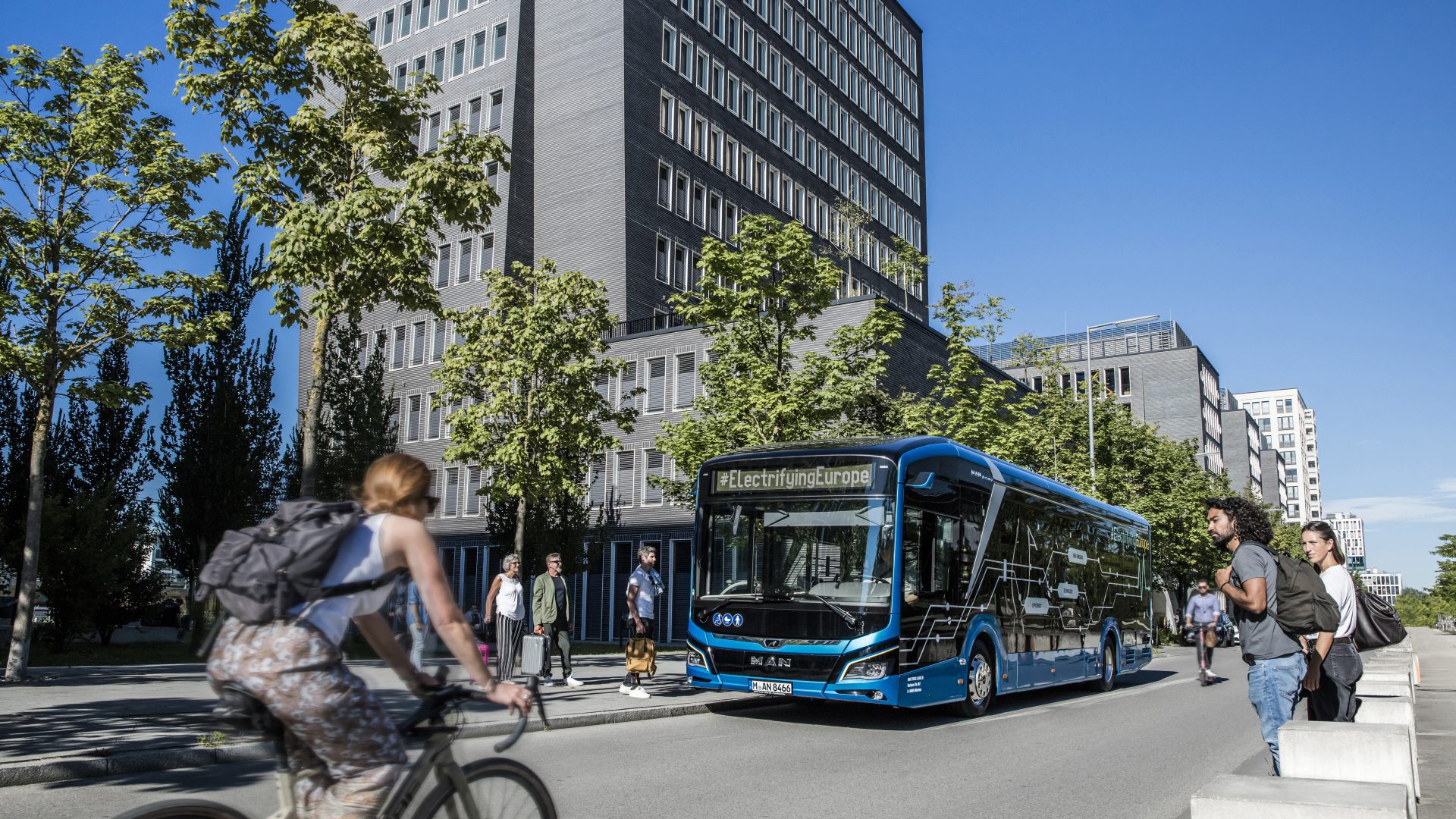
Barbaros Oktay, MAN, an evolving market
In March MAN stated that “Sales in the bus business had fallen from around 7,400 units in 2019 to around 4,600 units in 2021. The situation also remained tense in the past 2022 financial year. Although sales here increased by about 180 units to about 4,800 vehicles compared to 2021. But the recovery, especially in the coach market, which has been hit particularly hard by the Corona crisis, continues to be delayed”. How is 2023 progressing thus far? Are these considerations still valid? Do you think we should still pursue ‘recovery’ or rather a ‘navigation in a changed environment?
The situation has indeed been challenging for us, as the pandemic has significantly impacted the bus and coach market, resulting in a decrease in sales volume. However, it’s important to note that market conditions are constantly evolving, and we are now witnessing a gradual recovery in both the European market as a whole and the coach business specifically. While the recovery process has been delayed, we remain optimistic about the future.
Our commitment to the bus business is deeply ingrained in our company DNA, as indicated by our name. We have a strong belief in investing in this sector, recognizing that significant opportunities lie ahead, both in terms of technological advancements and changes in the business environment.
Electromobility is a key focus for us, and we have great confidence in its potential. Being part of a larger group enables us to leverage the expertise and technologies developed within the organization. This includes advancements in battery management systems and other relevant areas, which have a direct impact on our bus business.
Traditionally, the truck segment has played a significant role in providing components and technologies to the bus sector. However, with the emergence of electromobility, we find ourselves at the forefront of this transition. As the truck segment adopts new technologies, such as electric drivetrains, component systems, including batteries, will also transition from truck to bus applications. I see this change as a big chance for us.
We collaborate with bodybuilder partners around the world, extending from Australia to Taiwan and Indonesia. These partnerships enable us to maintain a global presence and serve customers in various regions. For instance, in Africa, we have established production and development centers in South Africa. We are proud to manufacture certain products there, and we are excited to announce that e-buses will be introduced in that market this year
Barbaros Oktay, Head of Bus, MAN Truck & Bus
It was stated that your role “will be to consistently implement our comprehensive package of measures to improve earnings and to make the bus business sustainably profitable again”. May you be more specific on this?
In order to improve our earnings and ensure the long-term profitability of our bus business, we have implemented a comprehensive package of measures. One of the key factors in achieving this goal is the recovery of volumes in the market. However, the transformation towards electromobility is also a crucial aspect.
We have adopted a lean management approach to increase efficiency and drive profitability. This means making strategic decisions about our product portfolio, such as choosing not to invest in city and intercity segments with Euro 7 engines, in order to optimize our resources and to clearly focus on e-mobility. Lean management is a significant part of our overall strategy.
Furthermore, we have established a strong infrastructure in high-cost countries where we develop our concepts, strategies, and management. However, when it comes to product realization for our customers, we leverage the advantages of best-cost countries. We have already established production know-how for electromobility in Poland and Ankara, allowing us to effectively manage costs.
Additionally, as part of the TRATON group, we have a close relationship with Scania, which is highly experienced in the chassis business globally. They will continue to focus on chassis production while we engage in component and system-level collaborations. These investments, along with streamlining activities, optimizing platform combinations, adopting lean structures, and prioritizing customer needs, will naturally contribute to improved profitability.
We are committed to managing and implementing these measures in order to strengthen our position as a major player in the European market and as a European-oriented OEM. Our ultimate goal is to ensure sustainable profitability and maintain a strong presence in the evolving industrial organization of the European bus market.
MAN: now the focus is (also) on the global market
But also on the global market…
Indeed. Our focus is not limited to the European market alone; we also have a strong presence and ambitious plans in the global market. While we continue to prioritize the European complete vehicle market, we recognize the importance of expanding our reach globally.
In addition to our chassis business, we collaborate with bodybuilder partners around the world, extending from Australia to Taiwan and Indonesia. These partnerships enable us to maintain a global presence and serve customers in various regions. For instance, in Africa, we have established production and development centers in South Africa. We are proud to manufacture certain products there, and we are excited to announce that e-buses will be introduced in that market this year. I encourage you to keep an eye on Africa as perceptions are changing, and there is a growing demand for our offerings in the region.
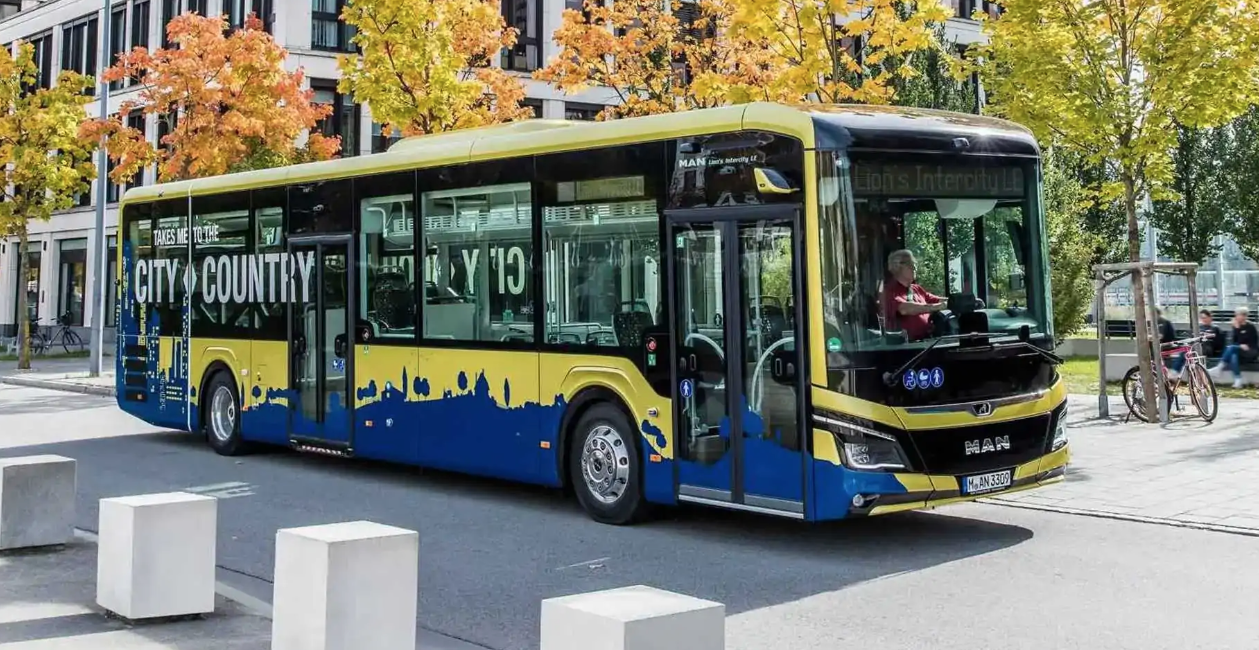
There’s less competition with cars, right?
Yes, when you will see e-bus registrations in Africa there you’ll be surprised. We have already developed a concept, a high floor commuter e-bus for Africa (the other global chassis is for Singapore, editor’s take). This year we are going to start with a few trials. We are bringing the African first e-bus built by a European company.
How to win competition with Chinese brands in Africa, where cost-pressure should be even higher than in other regions?
Every challenge makes us better than yesterday. Increasing competition is motivating us.
As for our Ankara plant in Turkey, we are in the process of qualifying it for electromobility production. Over time, we plan to ramp up its competencies, enabling it to produce high-voltage products by the end of 2025. This strategic move will allow us to leverage the unique strengths of both plants and distribute production responsibilities effectively.
Barbaros Oktay, Head of Bus, MAN Truck & Bus
Intercity bus market: battery-electric is the way (according to MAN)
Let’s move to the intercity segment. While the path towards electric urban buses seems relatively clear and the imperative of energy transition is not immediate for coaches, there is a certain level of uncertainty when it comes to the Class II segment. Gas solutions are technologically mature, but national and European directives are aiming for decarbonization. How is MAN dealing with these trends?
Our strategic focus is on battery-electric vehicles, and there are several reasons that support this choice. Through extensive research and analysis, we have found that battery-electric vehicles offer the best TCO in the market. This has reinforced our belief in the viability and value of this technology for our customers. Additionally, being part of a large group provides us with accessibility to battery technology. We have the advantage of leveraging both NMC (Nickel Manganese Cobalt) and LFP (Lithium Iron Phosphate) battery technologies. Each technology has its own advantages and disadvantages, and we carefully evaluate their suitability for different applications.
By prioritizing battery-electric vehicles and leveraging our access to battery technology, we are confident in offering our customers efficient and cost-effective solutions that align with their profitability goals.
The Euro 7 regulations and the transition roadmap to electric vehicles are putting significant pressure on the budgets and strategies of manufacturers. What is your group’s strategy in response to these challenges?
As part of ACEA, we believe that the Euro 7 standard does not provide significant benefits. Instead of focusing solely on our perspective, we believe it is crucial for the European Union to listen to the true customers in this industry: the passengers. We propose conducting interviews in the streets to gauge public interest in taking a seat on a non-sustainable bus after 2030 in Europe. If we find that there is a demand for such buses, we will consider following that decision. However, based on our current assessment, we do not see any advantages of Euro 7 for our passengers, customers, or our commitment to sustainability.
Autonomous mobility, plants, organization
You recently announced a partnership with Mobileye in the field of autonomous driving, and the goal of having a driverless bus in serial production by the end of the decade. This technology has the potential to revolutionize mobility, starting with urban transportation. What impacts do you foresee for public and collective transportation?
The autonomous driving technology that supports drivers will soon become highly effective. However, the adoption of fully driverless technology may not escalate as rapidly as digital technology or electric vehicles. Technological advancements are driven by needs, and the current need is a shortage of drivers. This means that drivers have the option to choose their workplaces, and a more comfortable and safe working environment becomes a driving force for transformation.
We are currently engaging with numerous customers, and we emphasize the importance of prioritizing driver satisfaction. Operators are now including driver evaluation criteria in their tenders, which marks a revolutionary shift. It has become a significant factor in tenders across Europe to earn favorable ratings from drivers.
In conclusion, the introduction of safety drivers controlling autonomous vehicles will happen in the near future.
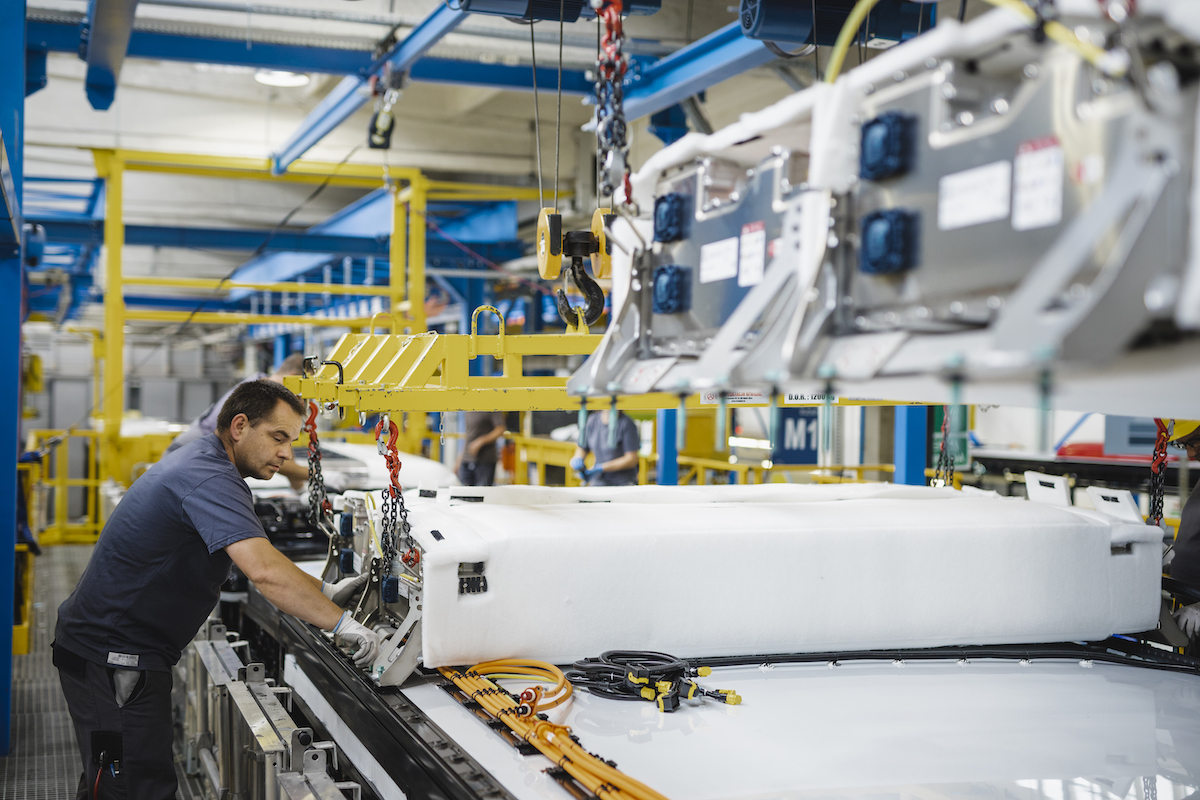
You have two European plants, Starachowice and Ankara. How do you see the evolution of these two plants in the future concerning competences and strategies?
When it comes to the future evolution of our European plants in Starachowice, Poland, and Ankara, Turkey, we have distinct strategies and competencies in mind.
Our plant in Starachowice, Poland, has successfully completed its transformation and has become our electromobility competence center. We continue to invest in this plant to enhance its capabilities and meet the increasing demand for electromobility solutions.
As for our Ankara plant in Turkey, we are in the process of qualifying it for electromobility production. Over time, we plan to ramp up its competencies, enabling it to produce high-voltage products by the end of 2025. This strategic move will allow us to leverage the unique strengths of both plants and distribute production responsibilities effectively.
In Poland your group had to reduce production…
We made a strategic decision to focus on the production of electric city buses in Poland, discontinuing the production of conventional city buses. Electric city buses have distinct demands and requirements compared to their conventional counterparts. As a result, we needed to adjust our production capacity accordingly.
However, it’s important to note that as the demand for electric city buses continues to rise, we anticipate a ramp-up in production. The dispersion and adoption of electric buses are expected to increase steadily, and in line with this growth, we will gradually raise our production capacities.
Ultimately, our goal is to align our production capabilities with the market’s transition towards electric city buses. Once the market reaches a point where 100% of city buses are electric, we anticipate completing the ramp-up of our production capacities to meet the demand effectively.

